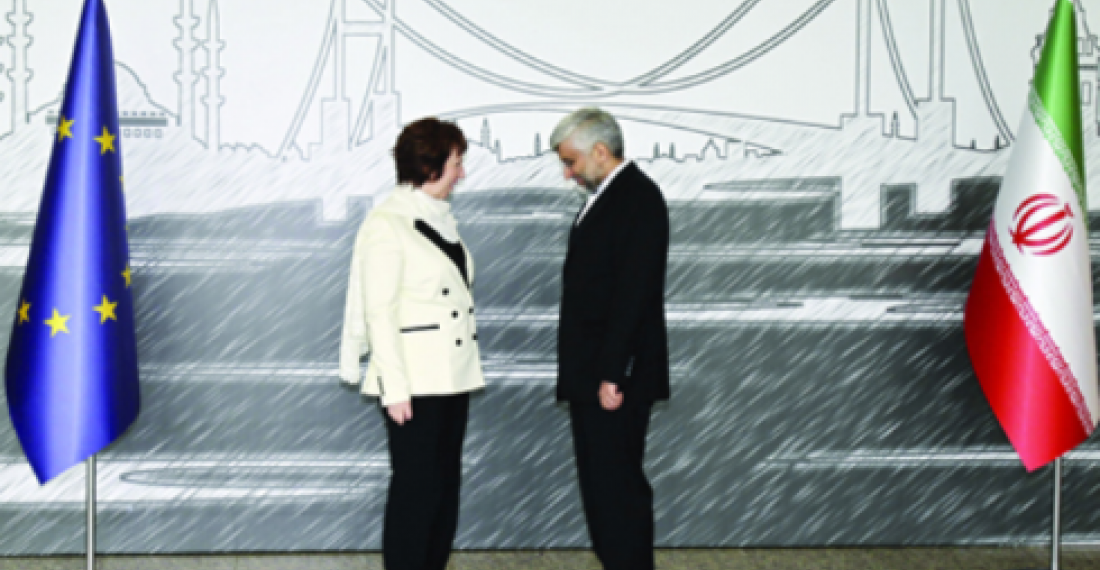Talks in Istanbul on Saturday between negotiators from Iran and six world powers including the United States represented "a positive first step" in addressing international concern over the Iranian nuclear program, the White House said. Ben Rhodes, deputy national security adviser, said the United States sees room to negotiate over how Iran can meet international obligations under its nuclear program, which Tehran says is for energy and medical purposes but global powers fear is meant to create a weapon.
"We believe ... the talks in İstanbul have been a positive first step, that there was a constructive atmosphere, that the Iranians came to the table and engaged in a discussion about their nuclear program," Rhodes told reporters in Colombia, where US President Barack Obama is attending a regional summit. The agreement to meet again in Baghdad next month was "an additional positive sign," he said.
Other countries involved in the talks also referred to them as "constructive."
The six powers included the permanent members of the UN Security Council - Russia, the United States, China, France and Britain - along with Germany, a group known as the P5+1.
The Russian side was represented at the meeting by Deputy Foreign Minister Sergei Ryabkov.” A spokesman for the Russian Foreign Ministry said “The sides confirmed readiness to lend the renewed dialogue stable and gradual development, based on provisions of the Non-Proliferation Treaty and agreed principles of gradual development and mutuality.” The sides “reached mutual understanding on holding the next negotiation round in Baghdad on May 23, 2012,” the ministry continued. “The meeting was held in a constructive and respectful atmosphere and showed readiness of the sides to search for mutually acceptable negotiated solutions.”
Some participants in the meeting said that as soon as the Iranian Chief negotiator, the Iranian National Security Council Secretary Saed Jalili, started to speak it became clear that Iran was in the meeting to negotiate seriously.
The representatives of the world powers in the meeting were led by the EU High Representative for Foreign and Security Policy, Catherine Ashton. Ashton has spent a lot of her time, since assuming office last year, working on the Iran nuclear issue and seems to have secured both the trust and respect of her colleagues, as well as of the Iranian side.
The Istanbul talks have defused some of the tensions that have surrounded the issue over the last months and lessened the possibility that either Israel or the United States will launch unilaterally a military strike against the Iranian nuclear facilities. The next meeting of the P5+1 and Iran will take place in Baghdad on 23 May.
source: commonspace.eu with agencies
photo: Catherine Ashton greeting the Iranian Chief negotiator Saed Jalili in Istanbul on 14 April 2012.
"Positive first step". World governments have welcomed the discussions held in Istanbul over the weekend between Iran and six world powers.
"Positive first step". World governments have welcomed the discussions held in Istanbul over the weekend between Iran and six world powers.







